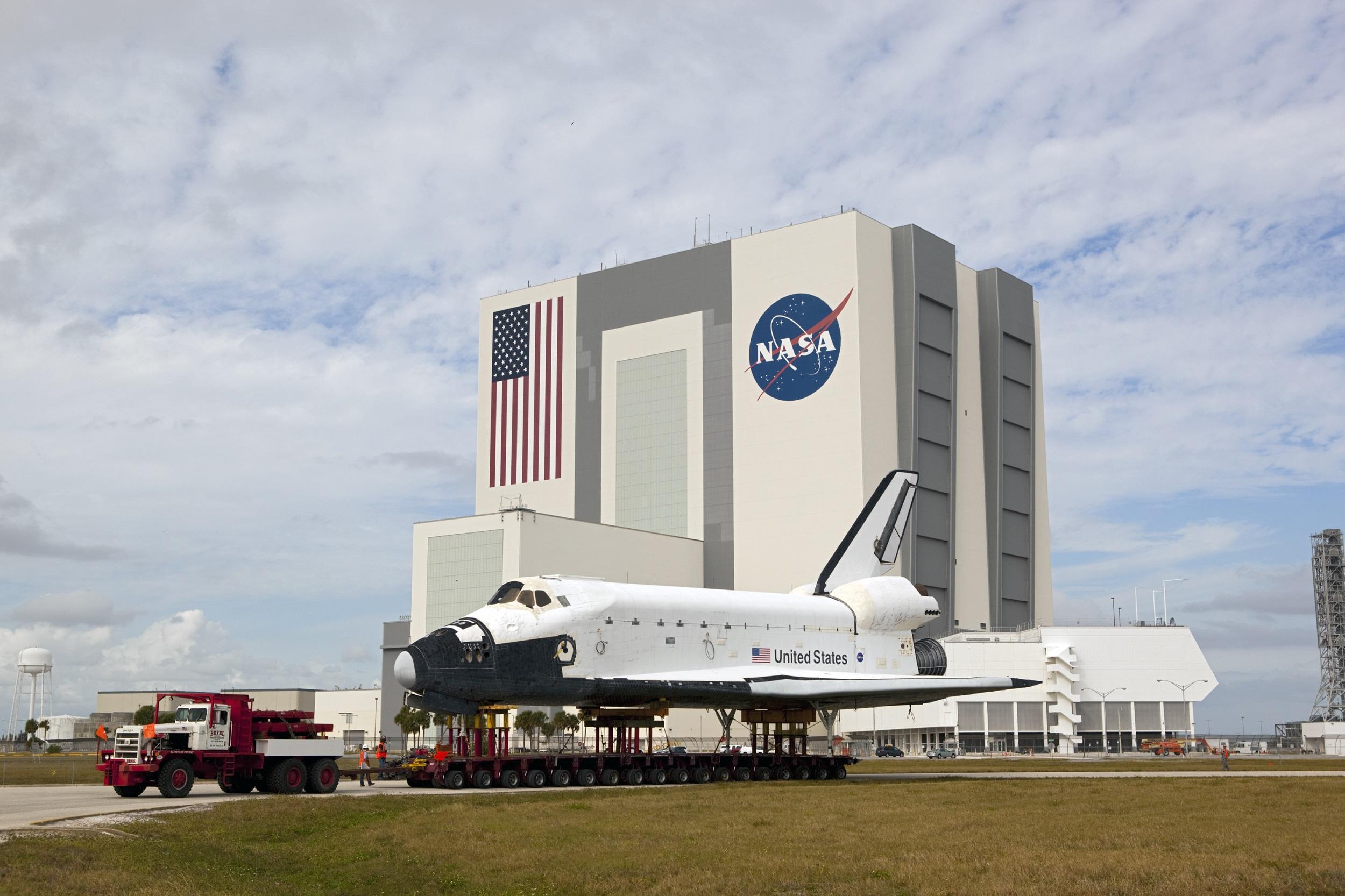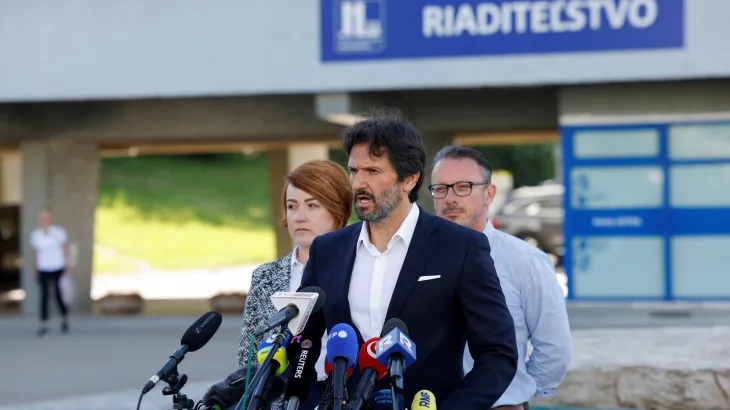NASA Lost Contact with ISS For First Time in Startling Blackout.
Nile Citizens NASA’s Mission Control in Houston briefly lost power Tuesday (July 25) and needed a backup to communicate with astronauts on the International Space Station.

The Expedition 69 crew on the International Space Station was never in any danger, NASA officials emphasized Tuesday during a press conference about SpaceX’s upcoming Crew-7 astronaut mission to the ISS.
“We were able to talk to the crew through Russian assets about 20 minutes after the failure,” Joel Montalbano, NASA’s ISS program manager, told reporters. He was likely referring to the systems that mission control in Moscow uses; the ISS has multiple ground stations and satellites to stay in contact as it moves around the world.
“We have been doing some upgrades … to add some reliability to our power systems. We lost the power, the telemetry, the command and the voice to the International Space Station,” Montalbano said.
“We knew this work was going on, and in preparation for that we have a backup command and control system that we would use if we have to close the center for weather emergency — especially important during the hurricane season.
“That hardware was ready to go,” he continued. “Within about 90 minutes, we were up and running with full command, telemetry and voice to the International Space Station.
NASA officials planned to study the matter in full detail and expected to be “up to a nominal configuration” by the end of Tuesday, Montalbano said.
“Again, no impact to the safety of the crew or the safety of the vehicle, and we’ll better understand what happened and then take lessons learned and move forward.”
Montalbano said it was the first time that NASA has used these backup systems, and that the mission controllers remained on site through the brief outage as the lights and air conditioning were still operational.
SpaceX’s upcoming Crew-7 mission will send four people — NASA astronaut Jasmin Moghbeli, European Space Agency astronaut Andreas Mogensen, Japan Aerospace Exploration Agency astronaut Satoshi Furukawa and Russia’s Konstantin Borisov — to the ISS aboard a SpaceX Dragon capsule.






